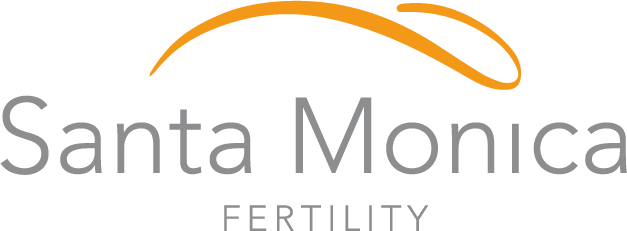What Are Fertility Drugs?
There are a variety of drugs used for fertility treatment. Some are used to produce more ovarian egg follicles. Some are also used to suppress the pituitary gland and prevent ovulation. Others are used to support the uterine lining and early pregnancy.
Medications That Affect Follicles:
Eggs are housed in a protective sac called a follicle. To promote the growth of ovarian egg follicles, the pituitary gland naturally secretes the hormone Follicle Stimulating Hormone (FSH) into the blood stream. Typically only enough FSH is secreted each month to promote the growth of one egg follicle despite there being many follicles available in each ovary. A tablet form of fertility medication called clomiphene citrate (Clomid) can be taken to increase the amount of FSH being secreted by the ovary. In this manner clomiphene citrate induces the growth of multiple egg follicles, typically 2-4 in number.
Alternatively, injections of FSH (called gonadotropins, Follistim, Gonal-F, Menopur, and Bravelle) can be used to induce the growth of even more follicles. These injections are given subcutaneously (under the skin) for 8-12 days. Once the follicles are ready, an injection of the hormone hCG (Ovidrel, Pregnyl) is used to ovulate the follicles. At this point eggs are either combined with artificial insemination or harvested and fertilized in the lab (in-vitro-fertilization) to create embryos which can then be transferred directly to the uterus.
Medications That Affect Ovulation:
During in-vitro fertilization treatment, drugs are used to turn off the natural pituitary hormones in order to synchronize egg follicles and prevent premature ovulation. The most common drug used for this purpose are oral contraceptive pills. During in-vitro treatment, injections of gonadotropin help eggs to develop better. However, during this stage eggs become vulnerable to premature ovulation. A second medication called leuprolide acetate (Lupron) can be used, in conjunction with oral contraceptive pills or alone, in order to prevent premature ovulation. Interestingly, leuprolide acetate actually belongs to a class of drugs called GnRH agonists- which, when injected, initially cause the pituitary gland to produce more FSH. However, with continued use, the drug eventually overwhelms the pituitary gland resulting in the opposite effect – pituitary suppression. For women who make a low number of eggs, leuprolide acetate in sometimes administered in micro-dose amounts to promote higher pituitary FSH production in order to yield more eggs. Instead of administering leuprolide acetate for a prolonged period of time to achieve pituitary suppression, a similar medication called a “GnRH antagonist” (Ganirelix, Cetrorelix), can be injected when egg follicles begin to grow. The use of this additional drug prevents the pituitary gland from causing premature ovulation. The “antagonist” provides instant pituitary suppression unlike that of leuprolide acetate which requires prolonged use to achieve suppression.
Medications That Support The Uterine Lining:
During a normal menstrual cycle, one egg follicle is recruited under the influence of pituitary FSH and subsequently ovulates as a result of the pituitary LH surge. The egg follicle makes a potent hormone called estradiol during the first two weeks of the egg’s development (pre-ovulation). After the egg is ovulated the remaining part of the egg follicle then begins to produce progesterone in addition to estradiol. These hormones together cause the uterine lining (the endometrium) to thicken and begin to secrete molecules which help the embryo develop into a pregnancy. In some forms of fertility treatment such as frozen embryo transfer, egg donation and surrogacy, tablets or patches of estradiol and suppositories or injections of progesterone are given to artificially prepare the endometrium to be able to support the early pregnancy.
You can read more of my Sharecare answers here.

 company
company

Leave a Reply